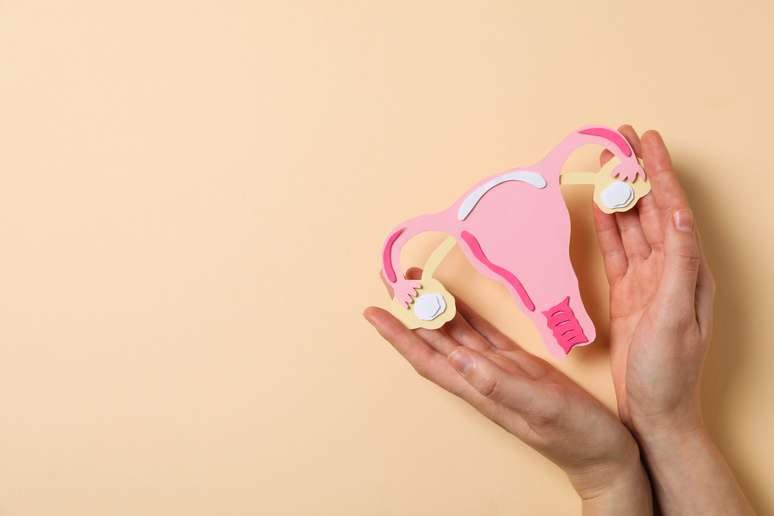The decrease in the ovarian reserve is a natural process of the female body, but there are still options for women who want to book them
Women with low ovarian reserve can choose to try to have children before or for freezing eggs if they want to postpone maternity and have a preventive conduct.
The decrease in the ovarian reserve is a natural process of the female body. Since women are born with a certain amount of eggs, which decreases for reproductive life. According to the gynecologist specialized in human reproduction, dr. Marcelo Marinho de Souza, Medical Director of Fertipraxis – Human Reproduction Center and Master in Medicine at the Federal University of Rio de Janeiro (Ufrj), about 35 the Ovarian Reserve begins to progressively reduce, up to the menopause.
“The assessment of the Ovarian Reserve allows you to verify the functionality of the ovaries and the reproductive capacity of women. Being performed through imaging and hormonal exams,” explains the expert. Remembering that in sterile patients, ovarian reserve tests should not be used as unique criteria for defining treatment. Since the altered results do not necessarily imply inability for gestation.
How to evaluate the ovarian reserve?
The most reliable tests to estimate the ovarian reserve are the dosage of the antimlerian hormone (ham) and the counting of the anti -follicles (CFA). These two can be evaluated together (the best) or separately. The stimulating hormone levels stimulating follicles (FSH) and estradiol can also be of help, evaluated up to the 5th day from the beginning of menstruation.
What can be related to the low ovarian reserve?
Advanced age (over 35 years)
Endometriosis
Previous treatments with chemotherapy or radiotherapy
Autoimmune diseases
Hereditary causes
Early ovarian failure
The smoothness
I have a low reserve. Can I get pregnant?
Having a low ovarian reserve does not prevent the woman from being pregnant. During the fertile period, there is still the possibility of conception, provided that it is ovulating.
According to the human reproduction expert at the Fertipraxis Dr. Maria Do Carmo Borges de Souza, Medical Director of Fertipraxis – Human Reproduction Center and Doctor in Medicine at the Federal University of Rio de Janeiro (Ufrj), the main factor that hinders pregnancy is the age of women. “For example, a patient between 25 and 30 years old, even with low reserve, can be more easily pregnant than a woman aged or over or over 35,” he explains.
“This is because, with advanced age, eggs are losing quality. Female fertility decreases more clearly from the age of 35, becoming even more critical after 40. In women between 40 and 44, the possibility of naturally conceiving between 5% and 10%, with an increase in the risk of gestation salary due to the remuneration of gestation due to the remuneration of S. Latina (Redlara).
What to do?
Since it is still possible to get pregnant, the treatment will be individualized, based on the history of the health of each patient.
“If women dream of setting up a family and discover that it has a low ovarian reserve, it is essential to look for a medical specialist in human reproduction. The situations will be evaluated more directly, with the request for specific complementary exams for each situation. Procedures such as the conservation of egg eggs or even egg eggs, such as egg eggs, such as egg preservation, for egg maintenance, such as egg eggs, Like egg eggs, as a conclusion of a conclusion, also for maintenance, such as egg egg conservation, such as egg eggs, such as the conclusion of eggs, for maintenance, such as egg eggs “Marcelo Marinho.
Source: Terra
Ben Stock is a lifestyle journalist and author at Gossipify. He writes about topics such as health, wellness, travel, food and home decor. He provides practical advice and inspiration to improve well-being, keeps readers up to date with latest lifestyle news and trends, known for his engaging writing style, in-depth analysis and unique perspectives.








